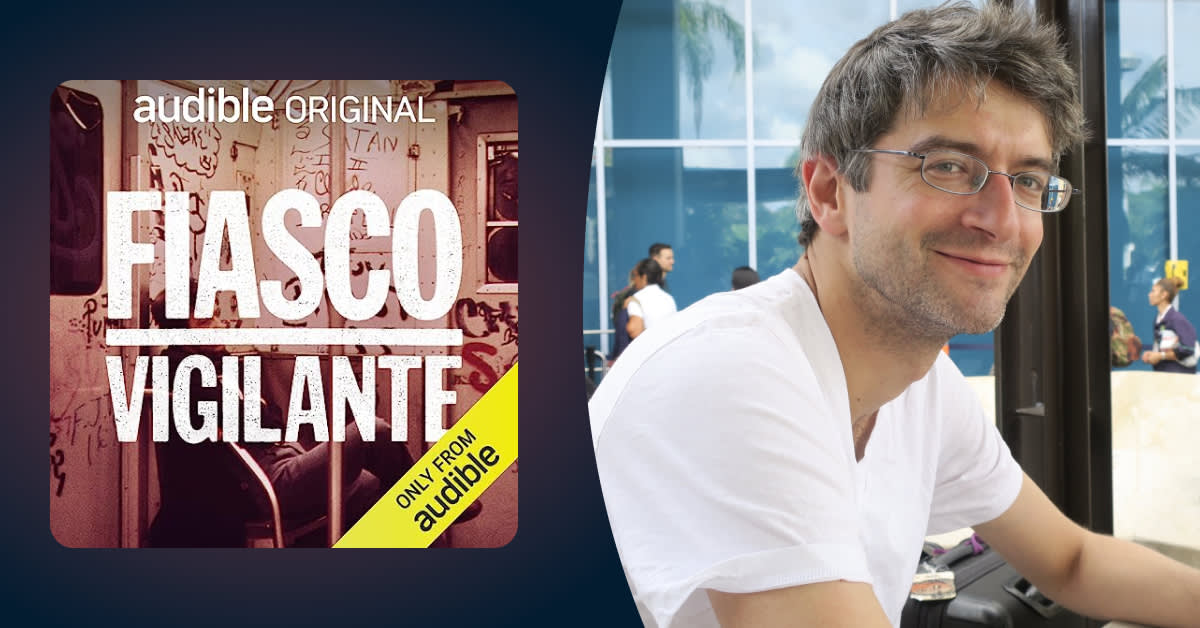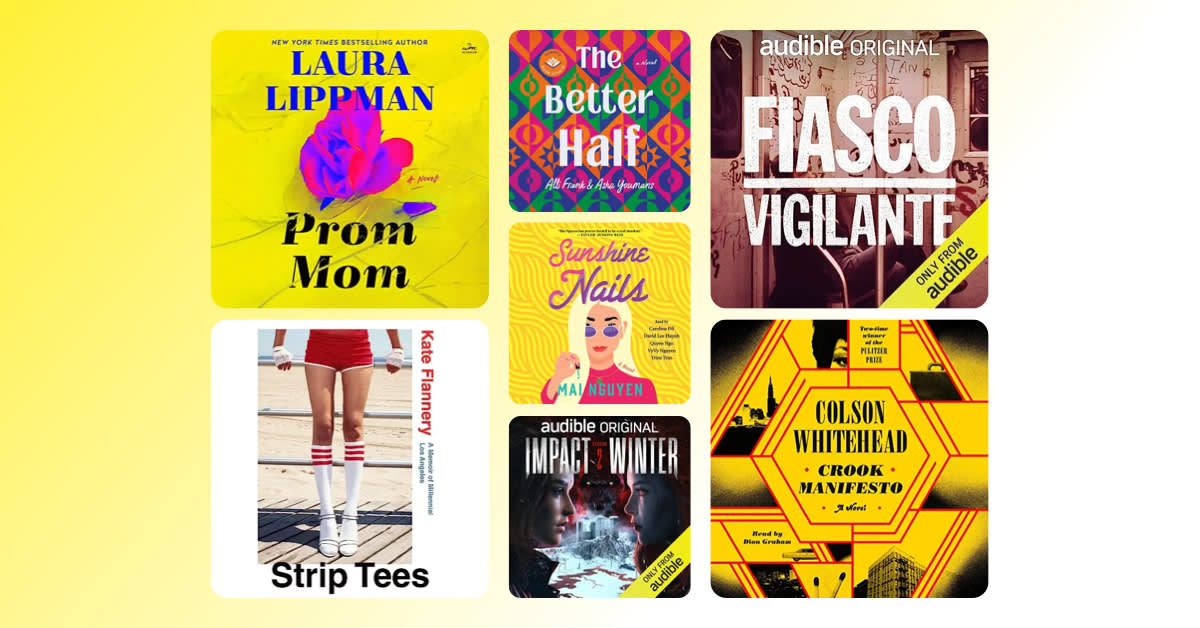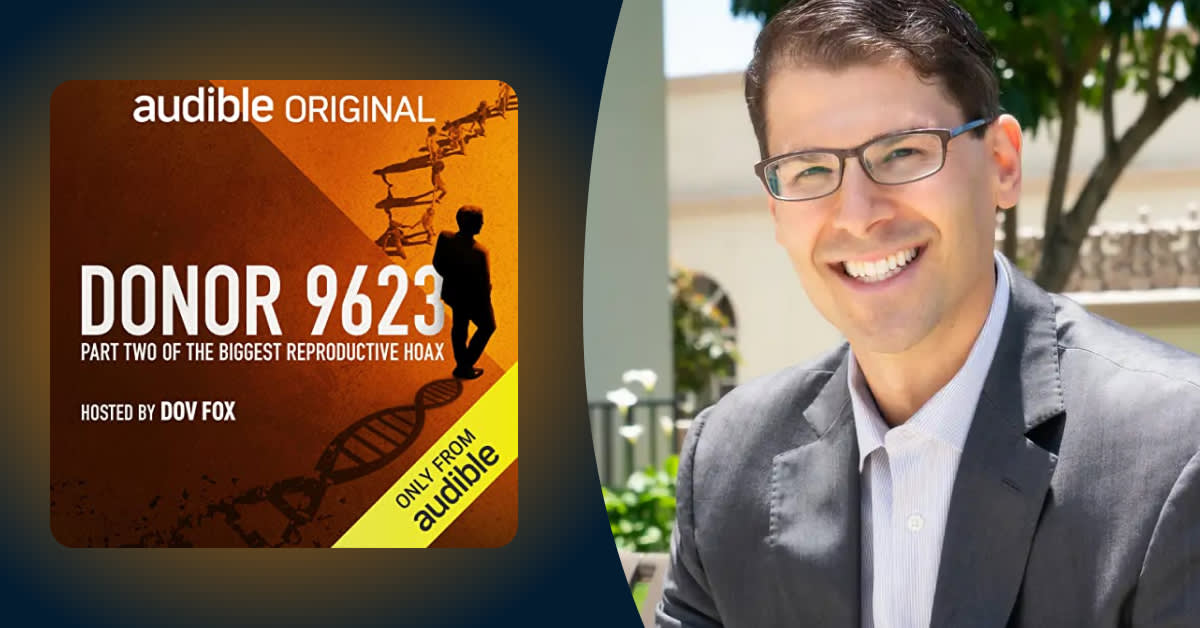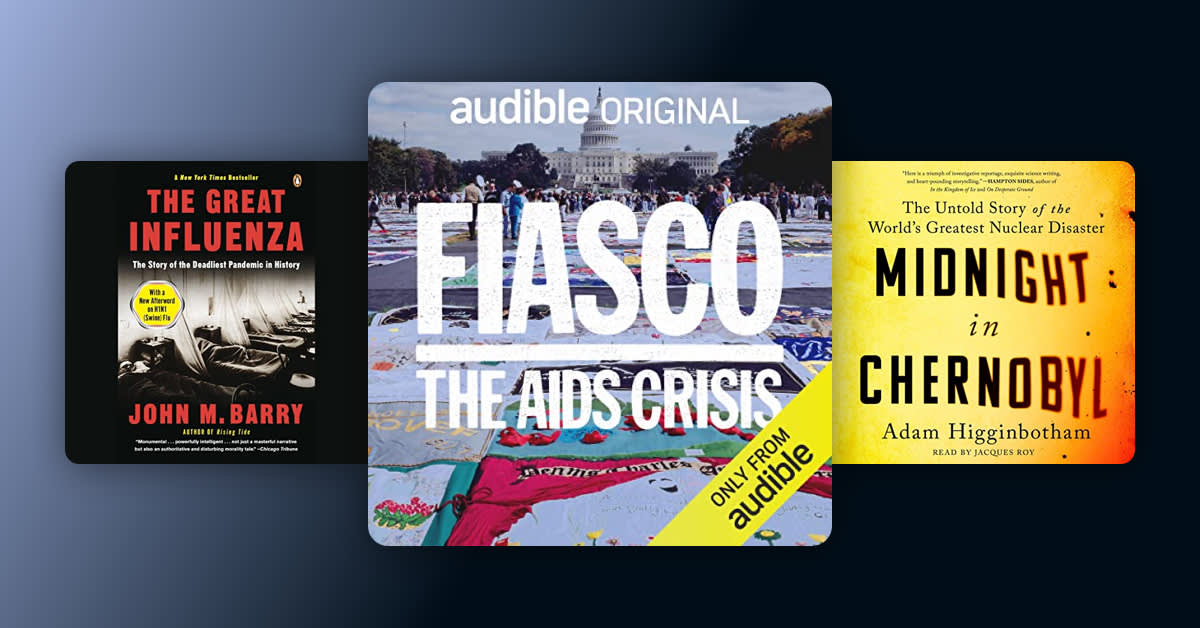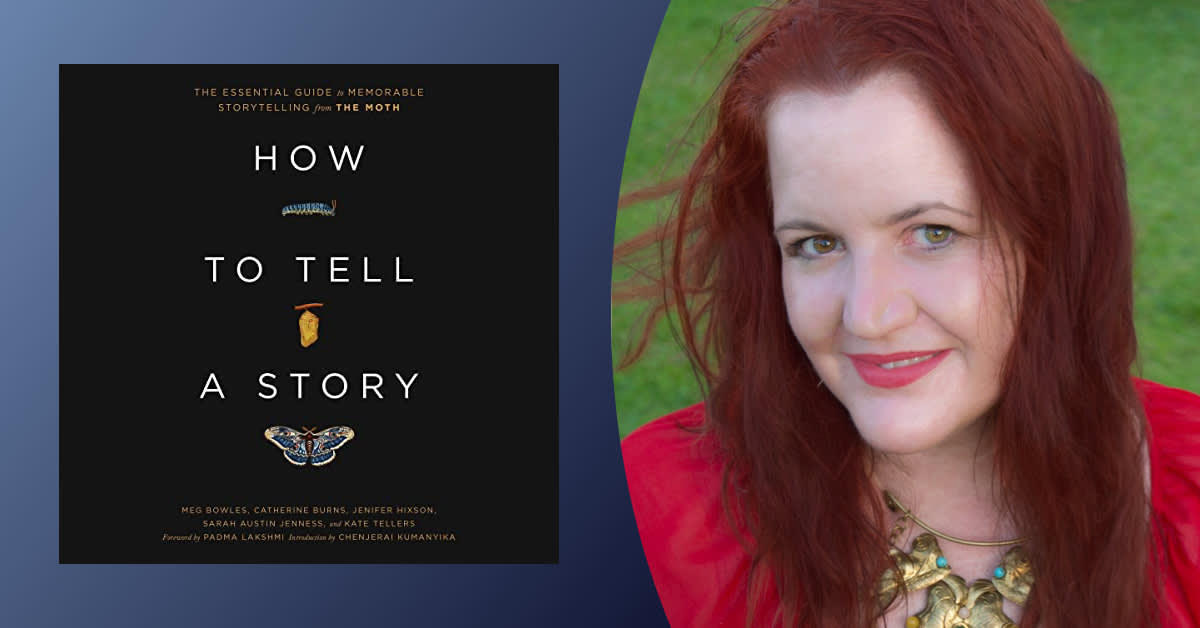Award-winning journalist Leon Neyfakh has built his career on investigating American scandals that linger uncomfortably in the collective psyche. That discomfort is a signal that we need to process, and there's no better guide than Neyfakh, whose natural curiosity and journalistic rigor have shaped polarizing traumas such as Watergate, the AIDS crisis, and the legal troubles of Michael Jackson into hit podcasts. His latest project, Fiasco: Vigilante delves into an iconic slice of New York lore—the 1984 subway shooting of four Black teenagers by a seemingly mild-mannered white man named Bernard Goetz—that has found unsettling echoes in recent headlines. We chatted with Neyfakh about what drew him to the story, its continuing relevance, and his current and future audio obsessions.
Audible: What drew you to the story of New York’s infamous “subway vigilante”? What made it particularly ripe for retelling now?
Leon Neyfakh: I was fascinated by how the inciting incident—in which a gunman shot four of his fellow passengers on the New York City subway because he thought they were about to rob him—gave rise to this great swell of anger about crime and public safety, and how easily the gunman became a kind of folk hero for people who were sick and tired of feeling scared every time they left the house after dark. It was a very different time in America, but it was also obvious from the start that some of the animating forces in the saga—fear, racism, guns, a legal system that doubles as a mechanism for public reckoning—are still very much with us.
One of the things I especially appreciate in the series is the first-person perspectives from witnesses, family members, reporters, and investigators who were directly involved. Is there a sweet spot for you in stories like this, where it’s long enough ago that it’s fuzzy in the collective memory but key sources are still around to talk? What are the challenges in sorting through the fallibility of individual memory to get to the truth?
There is absolutely a sweet spot. Oftentimes we’re interviewing people about one of their defining life experiences, and consequently, they remember it in a lot of detail and often with a lot of emotion. For sure there are times when different people remember things differently, and in those cases, we do our best to triangulate the truth based on all the sources we have at our disposal, like court documents and contemporaneous news reports.
For various reasons, none of the shooting victims were able to speak to you directly. How hard did you try to make that happen, and what can you tell us about how they’re doing now?
So, James Ramseur tragically died of a drug overdose in 2011—it happened on the anniversary of the subway shooting and was investigated as a possible suicide. Barry Allen died in 2021, according to the New York Department of Corrections. As for the two surviving victims, Darrell Cabey and Troy Canty, we tried pretty damn hard to speak to them. Darrell’s sister put our request in front of him at the assisted living facility where he lives, and he told her he didn’t want to do it. Troy, who we’re told works as a car mechanic now, said via his brother Carl, who is interviewed in the show, that he would only agree to an interview if we could put him on live TV across from Bernie Goetz himself.
That’s what makes great podcasts work, I think—when we can turn over a stone and invite our listeners to go through something they would have otherwise never had access to.
What do you make of Goetz’s statement that he commented, “You seem to be doing all right, here’s another,” before firing again at Darrell Cabey? Witnesses neither heard the statement nor a fifth gunshot. Some suspect he was delusional while others find it further proof that it wasn’t self-defense. What’s your take?
I honestly don’t know, and I won’t pretend I do! It’s very weird that he claimed to have said/done this very incriminating thing, but then none of the other passengers could corroborate it. You’d think they would have heard him say it if he actually said it, but then again, maybe he muttered it under his breath. In any event, I think the fact that he claimed to say it tells us something about the state of mind he was in when it happened—which is to say, this was a guy who was acting, at least partly, out of vengeance.
You’re relatively restrained on the contemporary echoes of this story, letting listeners draw their own conclusions, though you do bring up parallels between the recent killing of Jordan Neely and the murder of Trayvon Martin by George Zimmerman. Why do you think these scandals repeat themselves, and are we actually making any progress in dealing with the problems they represent?
I think fear is a powerful, elemental force that lives in all of us, and it has a huge influence in the policies we support and the alliances we forge. And when we live through periods that are marked by acute and widespread polarization—where a lot of people are walking around fearing, and hating, one another—these incidents become more commonplace. One way to make progress on this score is for everyone to at least be honest with themselves about how much we’re letting fear define our worldview.
What is most exciting to you about the audio landscape today? What kinds of projects or ideas do you see bubbling up that you’re really interested in?
I’ll just speak for myself here. What this season of Fiasco has revealed to me about the possibilities of audio journalism is that there are so many little keyholes out there that we can peer through and see a whole world. The story of the Goetz shooting and its aftermath lets us examine so many different life experiences—so many unique situations people found themselves in because of what happened. And that’s what makes great podcasts work, I think—when we can turn over a stone and invite our listeners to go through something they would have otherwise never had access to.
Can you share any details with us on future or current projects that you’re working on?
Not yet! Though we are working on an exciting new series coming in 2024 that I think all Fiasco listeners will love.
Can you share a recent highlight from your own listening—an audiobook or podcast that you're loving and why?
I’ve been listening to Emily Oster’s Cribsheet because my wife and I are about to have our first baby. But in the interest of recommending something more universal—though kind of related, now that I think about it—I would highlight Donor 9623, a podcast hosted by Dov Fox and produced by my Audible colleague Heather Won Tesoriero. The show, which details the spectacular fallout from a man’s decision to repeatedly donate sperm under false pretenses, just came out with its second season, in which the donor at the center of the story comes face to face with some of the parents and children—his children!—whose lives he changed, and complicated, forever. Talk about getting to access a slice of human experience one would otherwise never have access to! There is just so much extraordinary emotion in this series, and the questions it raises—about the limits of self-awareness, redemption, and good intentions—will stick with me for a long time.
Fiasco: Vigilante is available on Audible now.
